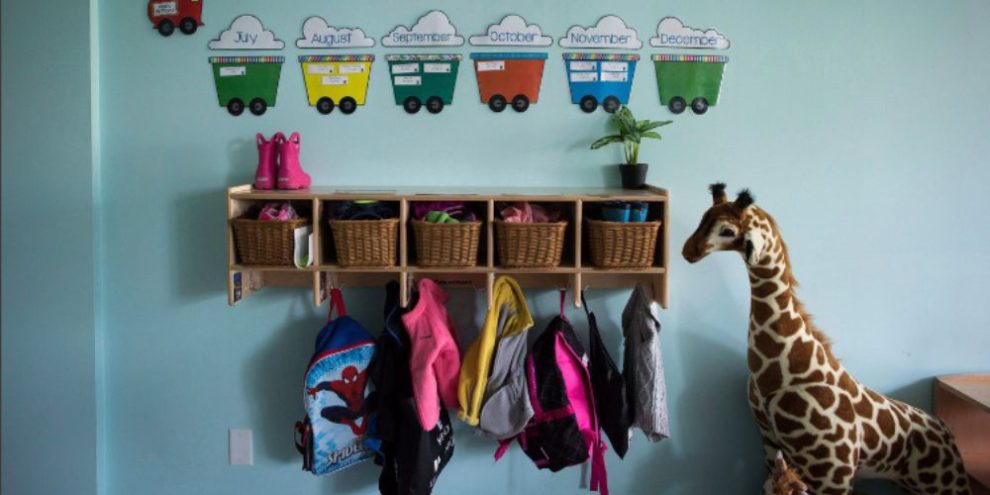
By Sonja Puzic
A new report from Statistics Canada says child care was more affordable across the country in 2023, but parents are having a harder time finding it.
The average amount parents paid for their main full-time child-care arrangement was $544 per month in 2023, down from $649 in 2022, said the report released Tuesday.
Expenses for children specifically attending child-care centres full time averaged $508 per month in 2023, down from $663 per month in 2022.
"This decrease occurred at the same time as many provinces and territories began implementing reductions in child-care fees," the report said.
Meanwhile, the proportion of parents who reported having difficulty finding available child care increased to 62 per cent in 2023 from 53 per cent in 2019.
And 26 per cent of parents with children aged five and under who were not using child care reported that their child was on a wait list — up from 19 per cent in 2022.
The federal government signed separate agreements with provinces and territories to establish $10-a-day child care by 2026, although the pace of the rollout has varied by province.
Susan Prentice, a sociology professor at the University of Manitoba who specializes in historical and contemporary child-care policy, said it's not surprising that parents are having more difficulty finding child care as prices have dropped.
“When you make a formerly exorbitantly expensive service affordable, more people will try to use it. Economists call this induced demand," Prentice said in an interview.
“Some families are lucky and they’re getting into these $10-a-day spaces but many more families are shut out because we do not have enough services.”
A report by public-policy group Cardus, released in October, found that the $30-billion federal funding initiative to bring $10-a-day child care across Canada has created a fraction of the new spaces expected in the first year of operation in three provinces that were assessed.
The report said British Columbia, Saskatchewan and New Brunswick missed a majority of targets on items such as new spaces, spending and public accessibility to affordable child care.
But Prentice said it's important to acknowledge the overall "public policy success" of the $10-a-day initiative because it has been "transformative and life-changing" for many parents across the country.
She said the next step — expanding the supply of available child-care spaces and increasing the size of the workforce — will be much harder.
Prentice said that across Canada, there's a licensed child-care space for fewer than one in three preschoolers and that about 70 per cent of those spaces are owned and operated by parent volunteer boards or charities.
Statistics Canada also said that parents' average monthly expenses for full-time home-based child care was nearly unchanged, at $585 in 2023 compared to $587 in 2022. The report said 53 per cent of home-care providers are unlicensed and therefore excluded from the government's child-care plan.
The report also found that even though the use of child-care centres surpassed the pre-pandemic level in 2023, home-based child care did not see the same rebound.
"According to the Labour Force Survey, the number of people employed as home-based child care providers decreased from January 2019 to January 2023," it said.
This report by The Canadian Press was first published Dec. 5, 2023
Banner image via The Canadian Press





